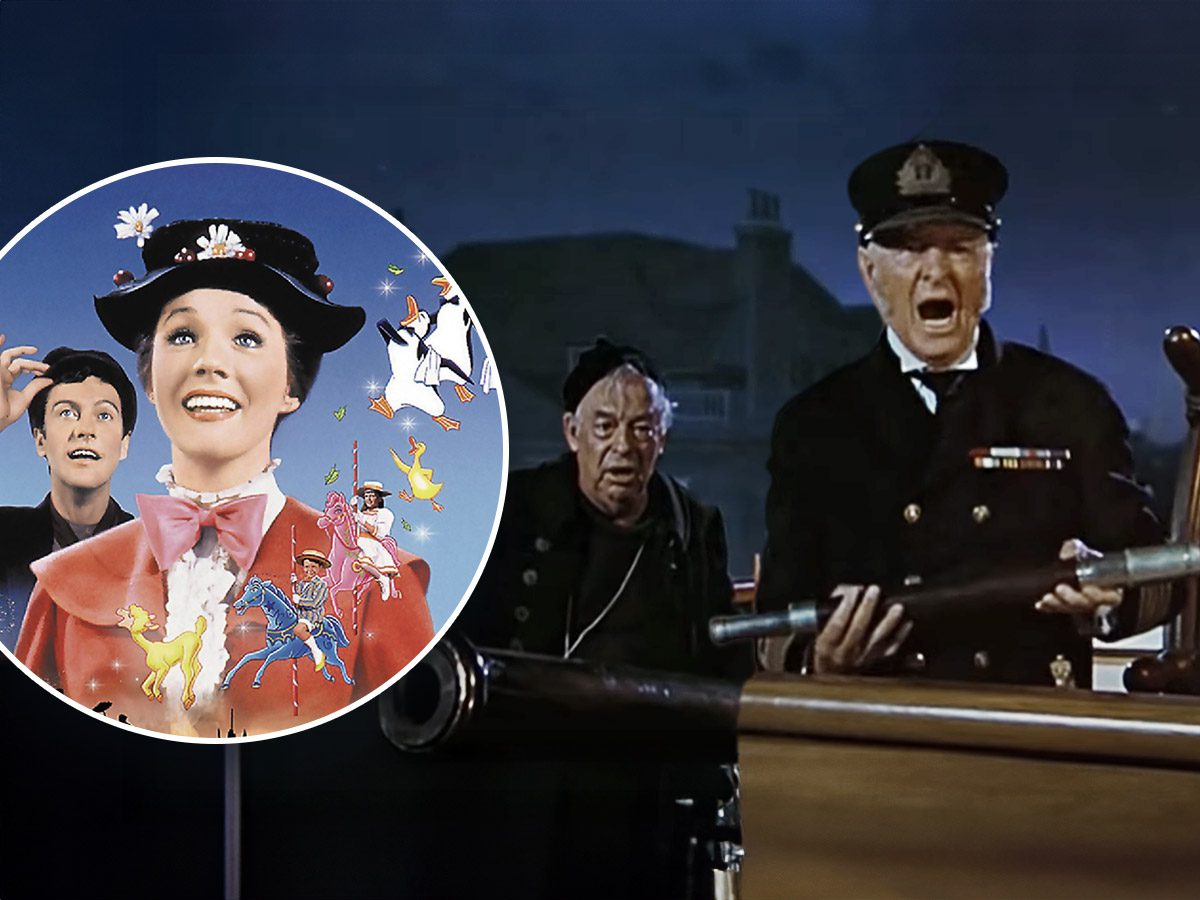
“Mary Poppins” is apparently no longer practically perfect in every way. The beloved Disney classic has been slapped with a rating change in the U.K., losing its “U” rating for “universal,” the equivalent of a “G” rating in the U.S., in favor of a “PG” rating, meaning parental guidance is suggested.
Apparently, the 1964 film, starring Hollywood legends Julie Andrews and Dick Van Dyke, includes two fleeting references to the “discriminatory” term “hottentot,” a spokesperson for the British Board of Film Classification told USA Today.
According to the Library of Congress, the word first came into use when the Dutch encountered the Khoikhoi people in the 15th century. The Khoisan language employs clicks to denote consonants, which was difficult for Europeans to understand. “Hottentot” is derived from a Dutch phrase that means “stutterer,” and, as such, it became a moniker for those who lived in southwest Africa. The now-slur was in common use from the 15th through the 19th centuries.
In the movie, Adm. Boom, played by actor Reginald Owen, twice employs the phrase, Sky News reported: once when he asked one of the children, Michael, if he was going on an adventure to “defeat Hottentots” and again when he spots soot-covered chimney sweeps and shouts, “We’re being attacked by Hottentots,” before shooting fireworks in their direction from the roof of his home on Cherry Tree Lane.
The BBFC said in a statement on the rating switch, “While ‘Mary Poppins’ has a historical context, the use of discriminatory language is not condemned, and ultimately exceeds our guidelines for acceptable language at ‘U. ‘We, therefore, classified the film ‘PG’ for discriminatory language.” The group went on to state the Disney mainstay contains “some scenes [that] may be unsuitable for young children.”
The statement continued, “We understand from our racism and discrimination research … that a key concern for … parents is the potential to expose children to discriminatory language or behavior which they may find distressing or repeat without realizing the potential offense. Content with immediate and clear condemnation is more likely to receive a lower rating.”
The decision from the BBFC comes as “Mary Poppins” is slated to be re-released in the U.K. to commemorate the 60th anniversary of the iconic film.
